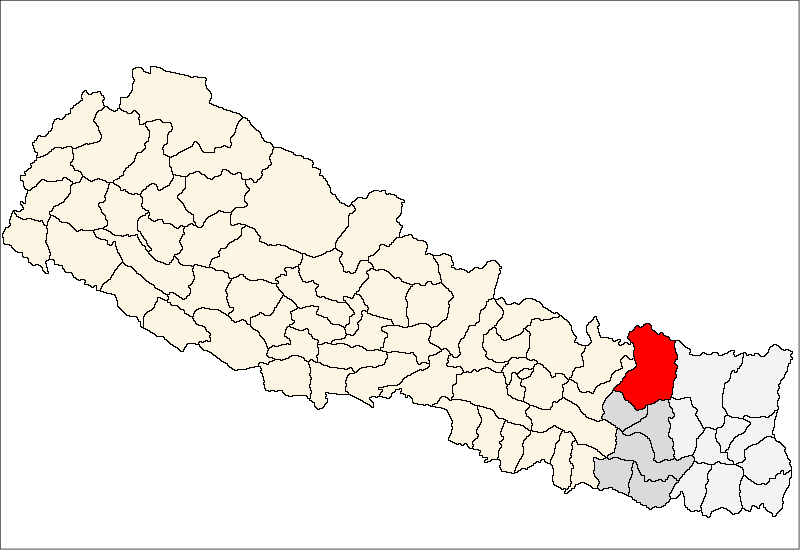
OR
Govt plans to tighten credit to discourage the import of fuel-based private vehicles
Published On: May 13, 2023 12:00 PM NPT By: Republica | @RepublicaNepal
_20230506072433.jpg)
KATHMANDU, May 13: The government has planned to reduce the import of fuel vehicles to increase the number of electric vehicles in Nepal. The government is set to take a strategy to tighten fuel private vehicle loans.
While approving the Action Plan 2079 BS on trade deficit reduction, the Council of Ministers has adopted a policy of discouraging the import of vehicles with fuel engines within six months.
The government claims that the increase in the use of electric vehicles will contribute to the national economy by saving money spent on fuel imports. According to the action plan approved by the Council of Ministers, vehicle loans will be reviewed within six months to reduce the import of private vehicles with fuel engines and will be addressed through Nepal Rastra Bank.
The government estimates that the implementation of such a system within six months will result in a decrease in the import of private vehicles running on petroleum products and an increase in the use of electric vehicles.
It is mentioned in the action plan to adopt a policy of facilitating the use of electric vehicles instead of fuel vehicles and its importation.
The Action Plan states, "In order to discourage the import of private vehicles that run on petroleum fuel, the central bank will take a policy to review the vehicle loans given to such vehicles to be implemented within six months." As an alternative, the banking facility provided for the purchase of electric vehicles will be made simple and easy.
Similarly, the Action Plan also states that tax concessions and concessional loans will be provided to increase the use of electric vehicles.
Likewise, plans such as making electric vehicle charging stations, exporting electricity, replacing petrol and diesel-powered equipment used in agriculture with electric ones, encouraging the use of electric systems in brick and cement industries that use coal, etc. are also being prepared for implementation soon.
The government had prepared the National Action Plan 2075 BS on reduction of trade deficit four years ago. The government decided on NTIS in the year 2073 BS by prioritizing the export of goods such as cardamom, ginger, medicinal herbs, cloth, leather, shoes, carpets, pashmina, and information technology products.
The strategy listed electricity, coffee, fruits, vegetables, honey, noodles, woolen products and jewelry as potential export items.
You May Like This
_20230506072433.jpg)
EV revolution and the need to be proactive
While promoting the use of electric vehicles (EVs), the government needs to be proactive in managing the electric and chemical... Read More...

High in promise, low in substance
Most ministers in K P Sharma Oli’s cabinet have failed to do substantive works, which is why they, including Prime... Read More...



Just In
- China announces implementation of free visa for Nepali citizens
- NEPSE gains 14.33 points, while daily turnover inclines to Rs 2.68 billion
- Tourists suffer after flight disruption due to adverse weather in Solukhumbu district
- Vote count update: NC maintains lead in Ilam-2
- NAC's plane lands at TIA after its maintenance in Israel
- Indian Ambassador assures of promoting India's investment in Nepal
- Freak accident involving self-made pistol leaves young man injured in Banke
- Global Shapers Community Kathmandu set to host second edition of Global Talk Series














Leave A Comment